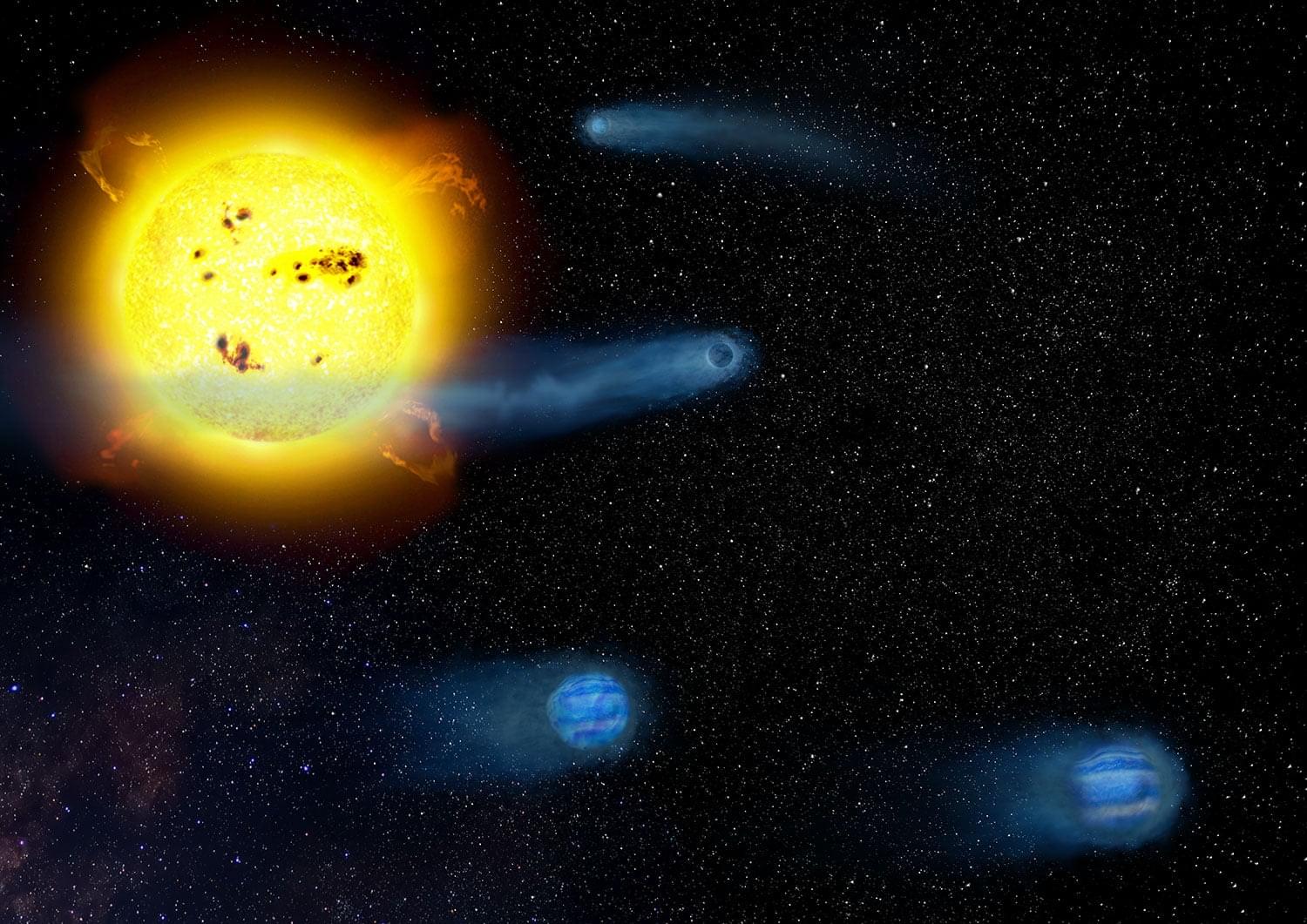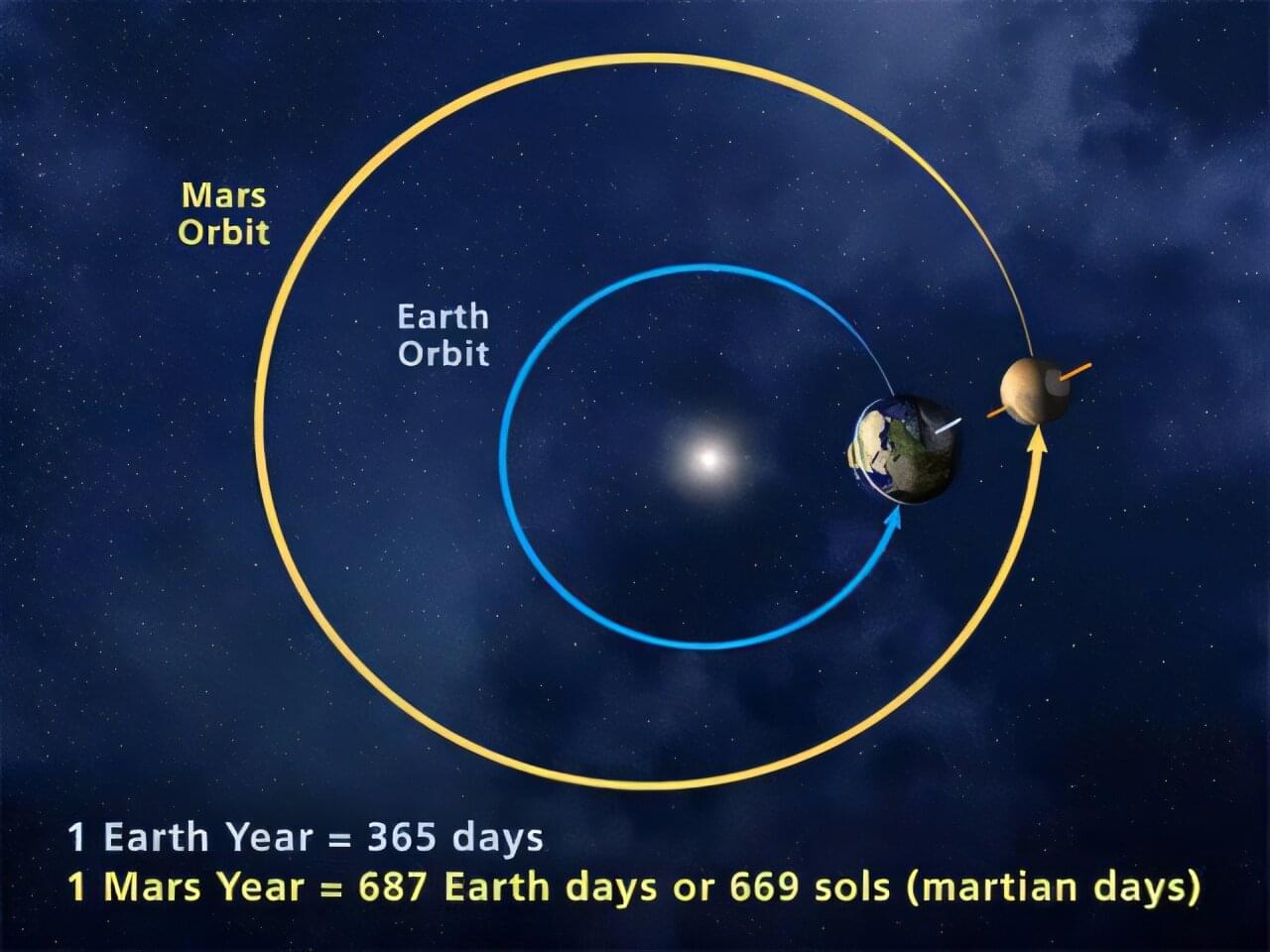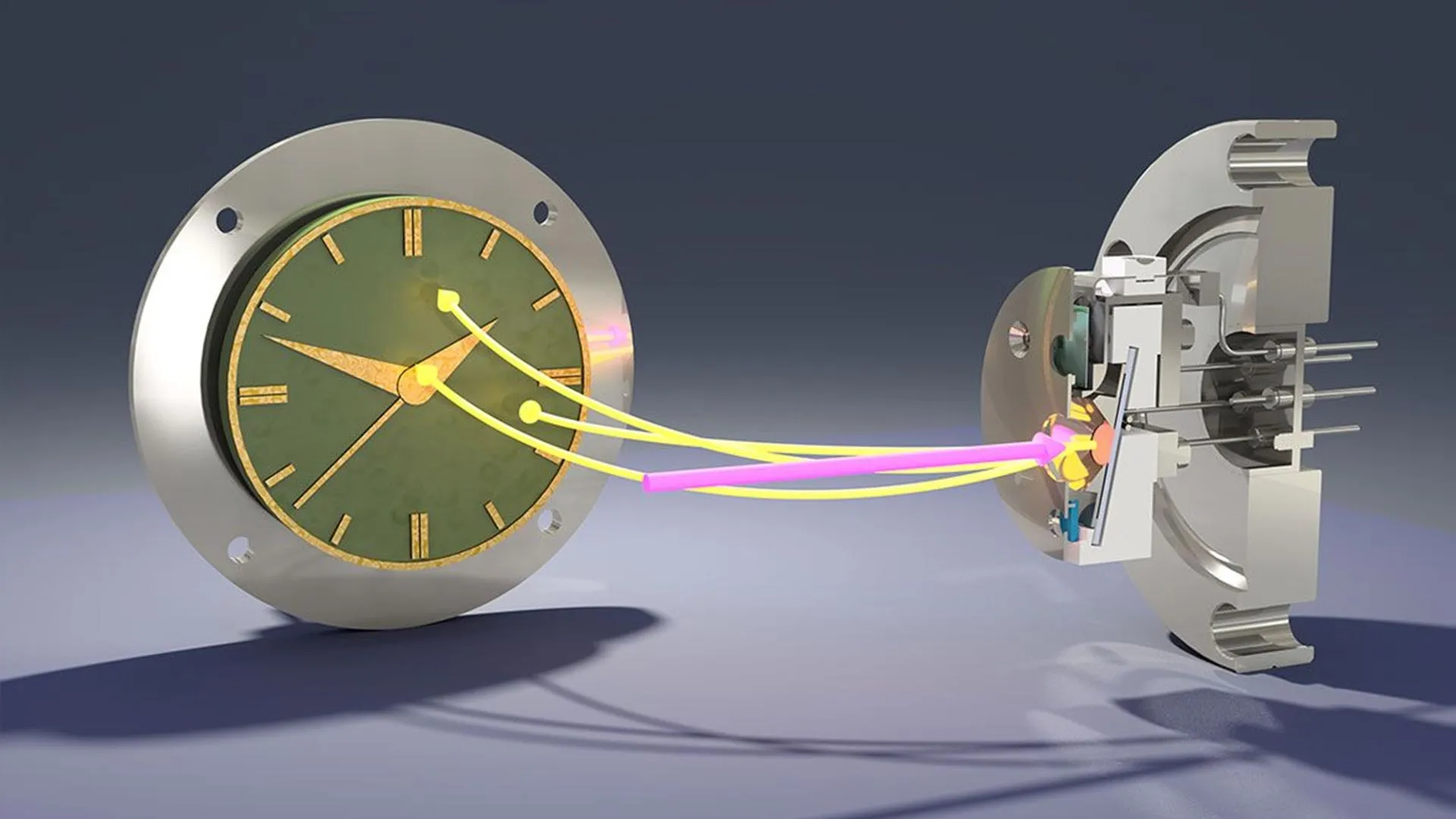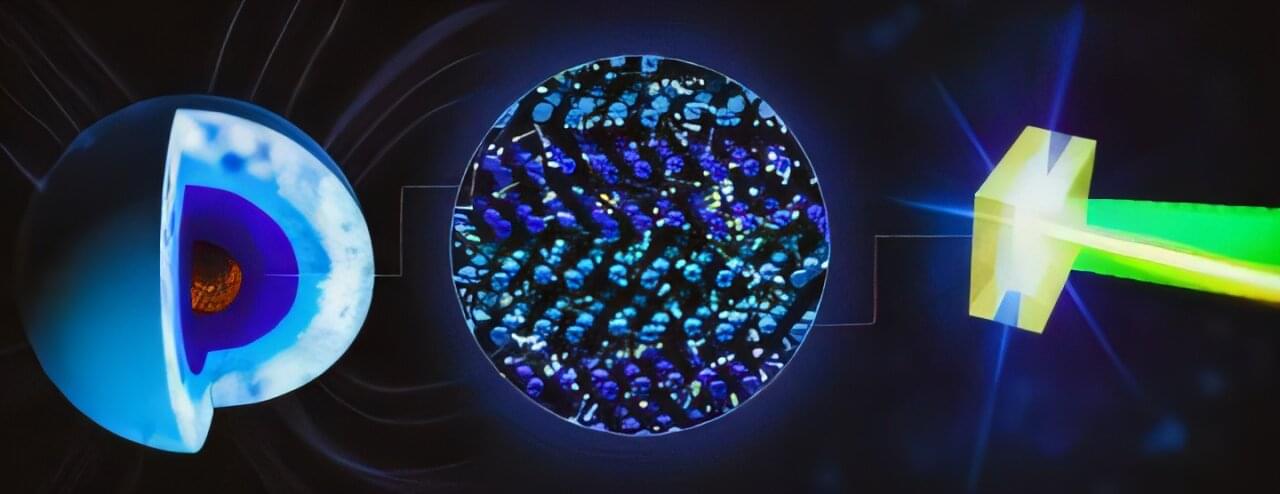A pulsar’s gentle twinkle is revealing how space quietly bends and delays the signals we receive from the cosmos.





At half the size of Earth and one-tenth its mass, Mars is a featherweight as far as planets go. Yet new research reveals the extent to which Mars is quietly tugging on Earth’s orbit and shaping the cycles that drive long-term climate patterns here, including ice ages.
The study is published in the journal Publications of the Astronomical Society of the Pacific.
Stephen Kane, a professor of planetary astrophysics at UC Riverside, began this project with doubts about recent studies tying Earth’s ancient climate patterns to gravitational nudges from Mars. These studies suggest that sediment layers on the ocean floor reflect climate cycles influenced by the red planet despite its distance from Earth and small size.

2026 — Trends and Insights on Cybersecurity, Artificial Intelligence, and Quantum Computing
By Chuck Brooks
Dear readers, Happy New Year! Please see the latest Security & Tech Insights newsletter that explores evolving tech and security trends for 2026. It is going to be an exciting year for AI, Quantum, Cybersecurity, Space and Robotics! Thanks, and best Chuck Brooks
What Every Company Needs To Know About Cybersecurity In 2026

The TOI Tech Desk is a dedicated team of journalists committed to delivering the latest and most relevant news from the world of technology to readers of The Times of India. TOI Tech Desk’s news coverage spans a wide spectrum across gadget launches, gadget reviews, trends, in-depth analysis, exclusive reports and breaking stories that impact technology and the digital universe. Be it how-tos or the latest happenings in AI, cybersecurity, personal gadgets, platforms like WhatsApp, Instagram, Facebook and more; TOI Tech Desk brings the news with accuracy and authenticity.
Sadly, we doubt you’ll be around for Pluto’s NYE party.

When ultraviolet light hits ice—whether in Earth’s polar regions or on distant planets—it triggers a cascade of chemical reactions that have puzzled scientists for decades.
Now, researchers at the University of Chicago Pritzker School of Molecular Engineering (UChicago PME) and collaborators at the Abdus Salam International Center for Theoretical Physics (ICTP) have used quantum mechanical simulations to reveal how tiny imperfections in ice’s crystal structure dramatically alter how ice absorbs and emits light. The findings, published in Proceedings of the National Academy of Sciences, pave the way for scientists to better understand what happens at a sub-atomic scale when ice melts, which has implications including improving predictions of the release of greenhouse gases from thawing permafrost.
“No one has been able to model what happens when UV light hits ice with this level of accuracy before,” said Giulia Galli, Liew Family Professor of Molecular Engineering and one of the senior authors of the new work. “Our paper provides an important starting point to understand the interaction of light with ice.”

A team of physicists has discovered a surprisingly simple way to build nuclear clocks using tiny amounts of rare thorium. By electroplating thorium onto steel, they achieved the same results as years of work with delicate crystals — but far more efficiently. These clocks could be vastly more precise than current atomic clocks and work where GPS fails, from deep space to underwater submarines. The advance could transform navigation, communications, and fundamental physics research.

Superionic water—the hot, black and strangely conductive form of ice that exists in the center of distant planets—was predicted in the 1980s and first recreated in a laboratory in 2018. With each closer look, it continues to surprise researchers.
In a recent study published in Nature Communications, a team including researchers at the Department of Energy’s SLAC National Accelerator Laboratory has made a surprising discovery: Multiple atomic packing structures can coexist under identical conditions in superionic water.